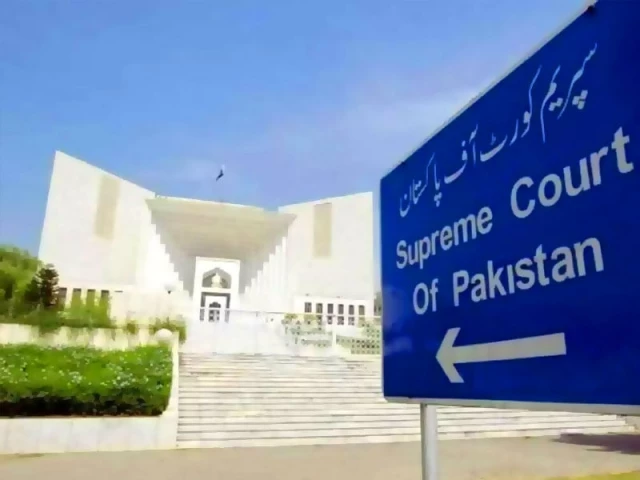Islamabad:
The Supreme Court has decided that the judges’ transfers to Islamabad High Court are valid and in accordance with the Constitution and rejects petitions that contested a notice of transfers in February 2025 that ordered the transfers.
In a detailed 55-page judgment, Justice Muhammad Ali Mazhar, who authors the decision, explained that the transfer of a judge from one Supreme Court to another does not correspond to a new appointment. The role and status of the judge remain unchanged despite the change in location. “A transfer is simply a redistribution of an existing resource,” the decision states.
The court further clarified that the process of transferring judges under Article 200 of the Constitution works independently of the rules for appointments under Article 175a.
It was also noted that the necessary steps, including consultation with the Chief Justice of Pakistan and Chief Justices for the respective high courts, were followed as required by the constitution.
The petitions, including five IHC judges and several bar associations, claimed that the transfers would undermine legal independence and seniority. They challenged the legality of transferring three judges from provincial high courts to IHC.
However, the Supreme Court rejected these claims and reinforced that the transfers were fully constitutionally and legally processed, emphasizing that they were not new agreements, but merely a restructuring of duties.
The verdict also confirmed that the president has the constitutional authority to transfer the Supreme Court’s judges, and this power is separated and separated from other provisions of the Constitution.
In addition, the Court pointed out that the Islamabad High Court Act of 2010 does not limit such transfers and that no violation of provincial representation occurred in this case.
This decision sets a clear precedent that judicial transfers, when properly processed, do not threaten the integrity or independence of the judiciary.



